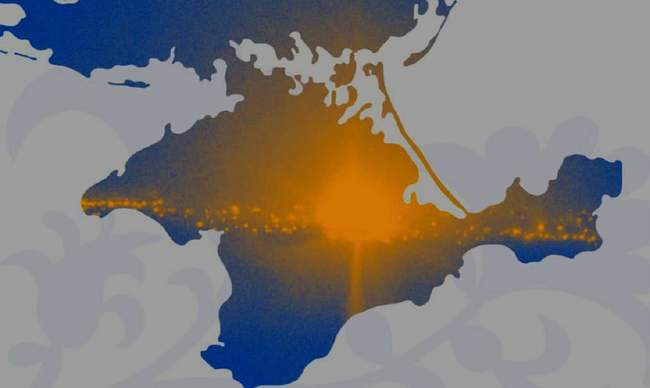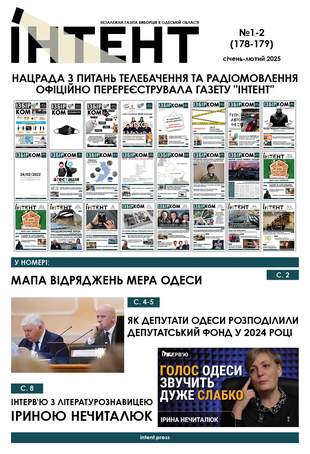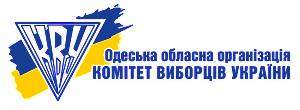Меню
Social networks
April 29, 2025, 9:01 p.m.
Displaced Crimean Media Fight russian Propaganda to Keep
Цей матеріал також доступний українською29

Photo: Mission of the President of Ukraine in the AR of Crimea
Media outlets displaced from Crimea and continuing to operate in mainland Ukraine are waging an invisible but important struggle for the truth, despite the loss of offices, equipment, and some of their audience. Their mission is to keep Crimea in the Ukrainian information field and counter Russian propaganda.
Volodymyr Lyashenko, representative of the National Council on Television and Radio Broadcasting in the Autonomous Republic of Crimea, said this in an interview with ArmyInform.
According to him, some of the TV channels and editorial offices that were evacuated from the occupied peninsula are still afloat, including the Crimean Tatar TV channel ATR, Chornomorskaya TRK and the children's channel Lyale.
However, the situation with radio broadcasting is critical. Both Crimean Tatar radio stations, Meydan and Hayat, have stopped broadcasting. "Radio Meydan closed in 2022 after the occupiers seized a transmitter that broadcast a signal to Crimea and Kherson region. "Hayat disappeared even earlier in 2018.
Instead, new online media specializing in Crimean issues have emerged. These include the Voice of Crimea, public radio Dzhemat and Crimean Voice, as well as the QIRIM agency (Crimean News), which moved from the peninsula and registered as an online publication with a new owner in 2024.
Lyashenko emphasized that after the Ministry of Reintegration canceled the support program, the displaced media were on the verge of survival. Without funding, they may completely disappear.
"This is not such a big amount of money within the state, but it will help the displaced media to survive and provide Crimeans with the necessary information so that they understand that the state of Ukraine remembers them," he said.
Meanwhile, Russian propaganda on the peninsula is intensifying. According to Lyashenko, until 2022, the occupation authorities tried to create the illusion of information pluralism by publishing Ukrainian-language newspapers and magazines with a small circulation. However, after the full-scale invasion, all of this disappeared. The only remaining Ukrainian-language magazine turned into an outright propaganda mouthpiece. The expert pointed out that there was no trace of materials about Ukrainian classics, instead, anti-Ukrainian narratives dominate.
According to Lyashenko, without independent media focusing on Crimea, the state risks losing influence on the peninsula's information field, and its residents will be left alone with hostile propaganda.











